Our Mission
To improve the health of bees and native pollinators in San Diego and around the world. Our locally certified beekeepers install and manage hives on your property and use the data we collect to drive the science of pollinator health forward with scientific partners that include Urban Beekeeping Lab, NASA, MIT and National Geographic.


Services Provided in the San Diego Area
We offer innovative solutions that can help bring your corporate sustainability programs to life. These include the highest standards on beekeeping, as well as developed workshops and programs that will engage your community — employees, guests, tenants, community leaders, and the public — in your sustainability work.
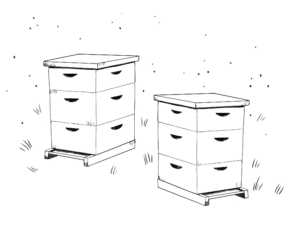
Commercial Services
Beekeeping for Your Residential Backyard
If you’d like to save bees, build a healthier environment, pollinate your garden, and have your own honey harvest, then our residential service is perfect for you! We offer turnkey beekeeping, honey harvesting, and DNA analysis designed for homeowners in a wide range of environments. Regardless of the size of your property — whether you garden on a balcony or have acres of land — we can install and manage one or several hives for you.
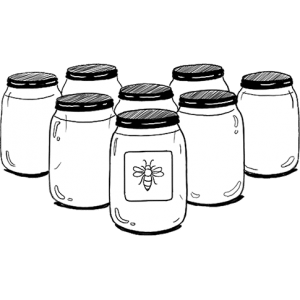
Residential Services
Beekeeping Education
We offer a number of educational programs at varying price points that have proven popular with commercial clients, schools, gardening clubs and organizations promoting sustainability.
Pre-recorded and live hive tours
Experience a guided tour as one of our bee experts takes you on a walk-through of your hive visits and inspections. Get a glimpse of the busy life of bees, and learn more on how to keep tenants engaged with their local environment. Live tours are available for up to 20 participants.
Meet an expert beekeeper
Participate in a beekeeper Q&A session. This event is a great opportunity to learn about your bees through the lens of a beekeeper. We’ll discuss the data collected from your beehives, why bees matter, and what it's like to take care of your bees.
CEO keynotes
Gain insight into the world of bees with our Chief Science Officer and Founder, Dr. Noah Wilson-Rich. Noah's knowledge of honey bee health and his passion for bee research will leave your audience spellbound, and with a wealth of new insight about our natural world.
How Professional Beekeeping Works
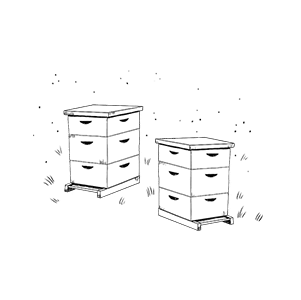
Installation
We help you choose an ideal location to establish one or more beehives at your home or workplace.
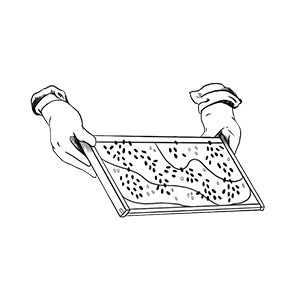
Maintenance
Our impassioned and experienced beekeepers service your beehives once a month, providing high-quality care and detailed reports.
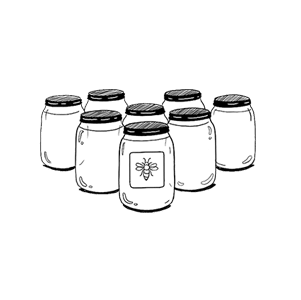
Harvesting
You keep 100% of the raw honey produced. We’ll handle the rest— small batch extraction and bottling with personalized labels.
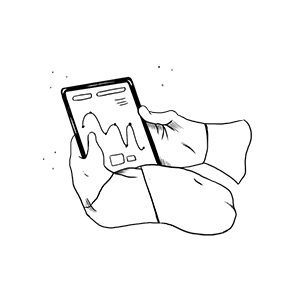
Research
At every visit, we collect data and share it with our research partners to advance the science of beekeeping and improve the health of pollinators worldwide.
Safe
Our honey bees, Apis mellifera ligustica, are the most docile species of honey bees, making our hives extremely safe and the instance of stings very unlikely.
We situate our hives in safe locations, secured from animal intrusion and weather damage.
Secure
Our beekeepers have extensive experience working in densely populated areas in and around San Diego, and are experts at safe hive placement on rooftops, balconies, and gardens.
Insured
Our beehives and beekeepers are fully insured for personal liability and damage. We can provide you with a Certificate of Insurance (COI) if needed.

Beekeeping Laws in California and the San Diego Area
- Apiaries must be registered with the San Diego County Agricultural Commissioner within 30 days of establishment.
- An apiary of three or more hives must be at least 600 feet from a building used as a residence and 100 feet from the public right-of-way.
- An apiary of one or two hives must be located outside of all setbacks, or 15 feet from the property line and 20 feet from the public right-of-way, whichever is greater.
San Diego Service Area
We service hives in San Diego and throughout the metropolitan area.
What's Included
- Site Evaluation
- Hand-crafted, all-natural beehive equipment installed onsite
- A colony of docile honey bees (Apis mellifera ligustica)
- Monthly maintenance visits and follow up reports
- Advanced scheduling so you can alert your team
- Full-time customer service team available by phone or email
- Raw honey, harvested and bottled just for you
- Replacement colonies provided at no cost
- Fully insured professional service
About Local Honey
Honey production varies from colony to colony, depending on the strength of the Queen, the health of the hive and the availability of nourishment. New colonies tend to produce less honey than established ones. When there is a surplus of honey, we will harvest and jar it for you.
The composition and flavor of honey varies from hive to hive as well, depending on the floral species available to pollinate. This means that honey from your hive will have a unique profile. Tasting it, you’re tasting the composite of all the flowers your bees have visited!
In our studies of HoneyDNA, we’ve found that honey from urban hives includes a much wider range of species — as much as eight times more than honey from rural and suburban hives!
Many of our residential customers are planting native species in their gardens to help both honeybees and native pollinators.
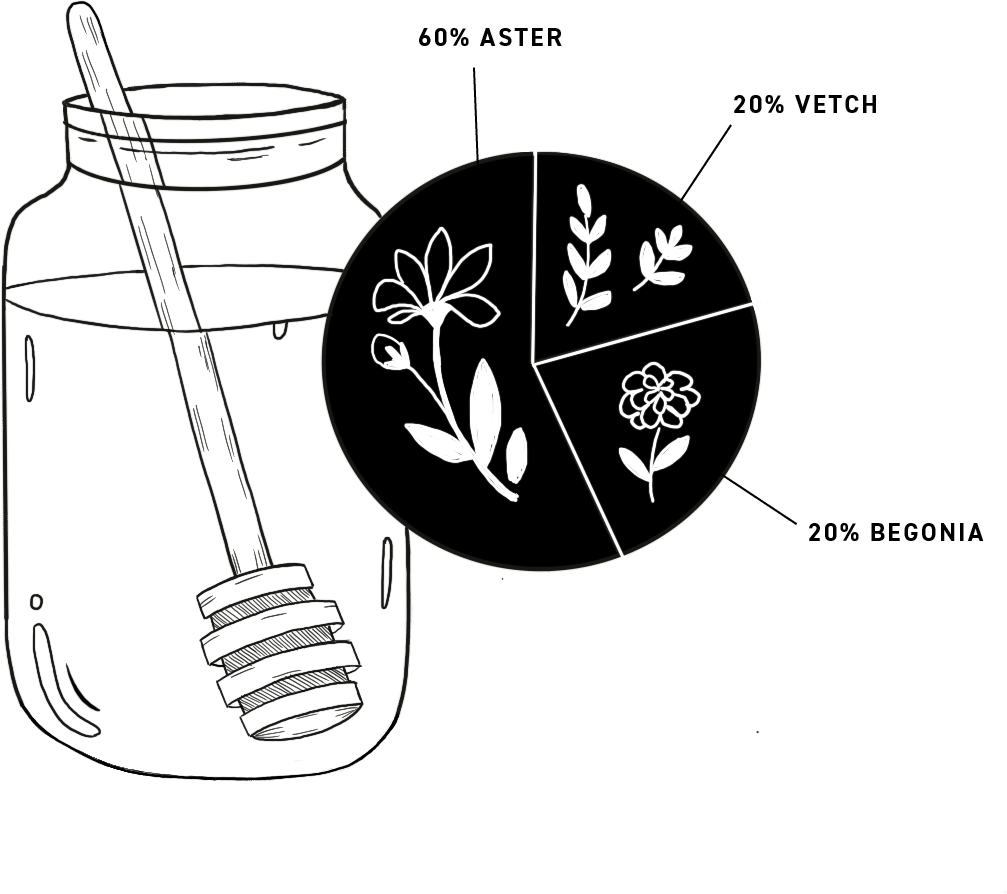
HoneyDNA
We pioneered the process of identifying the exact percentage of various pollen species found in honey through advanced genomic sequencing. Understanding where bees foraged reveals which plants best feed pollinators in the local environment.
Pollinator Friendly Plants
At Best Bees, we encourage our clients to landscape their property with pollinator friendly plants, if space allows, add ground level and roof-top pollinator gardens, and use a variety of trees, shrubs and plants that will provide forage throughout the year, such as California poppy, golden-yarrow, and the common sunflower, all of which work well in San Diego area gardens. For a list of pollinator friendly plants native to the California Southern Coast Region, visit https://xerces.org.

Already Have a Hive?
At Best Bees, we’re proud to be a part of the local beekeeping community in every area in which we work. If not already a member of one of the area’s beekeeping associations, we encourage you to join either the San Diego Beekeeping Society or the Beekeepers Association of Southern California.
Join our Citizen Scientist movement! Here are some ways you can participate:
- Plant more pollinator habitats on your property
- Use bee-safe pesticide alternatives
- Get involved in local and national lobbying
- Submit your honey for HoneyDNA
You can also post your data to bee Citizen Science programs like iNaturalist, The Great Sunflower Project, and Beecology Project.
We gladly share the learning from our research and our best practices with everyone. To learn more about the findings of our research work, visit bestbees.com/white-paper-resources/. To watch one of the TED Talks by our Founder and Chief Science Officer Dr. Noah Wilson-Rich, visit our Research page bestbees.com/research-in-action/ . Finally, to stay in the loop on our latest thinking, read our blogs at bestbees.com/blog/.
Frequently Asked Questions
We install and maintain honeybee hives on your property. Our expert beekeepers monitor the health of your bees and perform a variety of tasks throughout the year to help them thrive. At each visit, we also capture a range of metrics and share the data with renowned research partners to help the scientific community better understand the plight of pollinators. Towards the end of the season, we extract the honey and jar it for you.
About 1-2 per month for our San Diego Area hives. We coordinate each visit in advance and send a summary report afterward.
Only a few square feet! A beehive takes up as little as 2’ x 2’ x 3’. Our beekeepers need a few feet around the hive to access it, and the bees’ flight path will need to be unrestricted.
In the San Diego area, we typically install hives when all threat of winter has passed, which is typically in late February-early March. Installations after June are accommodated on a case-by-case basis, depending on our inventory levels.
We fully guarantee the health of our bees and queens. If a colony dies, we’ll replace it with a healthy one from our own stock at no additional cost.
Our Boston-based headquarters is staffed full time and available Monday through Friday during work hours by phone or email to answer any questions. When a colony requires extra attention, additional visits are made at no cost to you.
Yes, we provide a range of events for our commercial clients. Give us a call to discuss our offerings with a member of our sales team.
Green roofs earn credits toward a building’s LEED (Leadership in Energy and Environmental Design) certification. Green roofs provide vegetation for water control, wildlife habitat, and better urban air quality. Honeybees can help maintain the green roofs that are becoming more common in big cities and thus contribute to a building’s LEED rating.
We service hives in the city of San Diego and throughout the area. We evaluate each new potential site outside of a two-hour radius of the city center on a case-by-case basis.
We handle visit scheduling for you. We’ll contact you at least 72 hours in advance via email.

